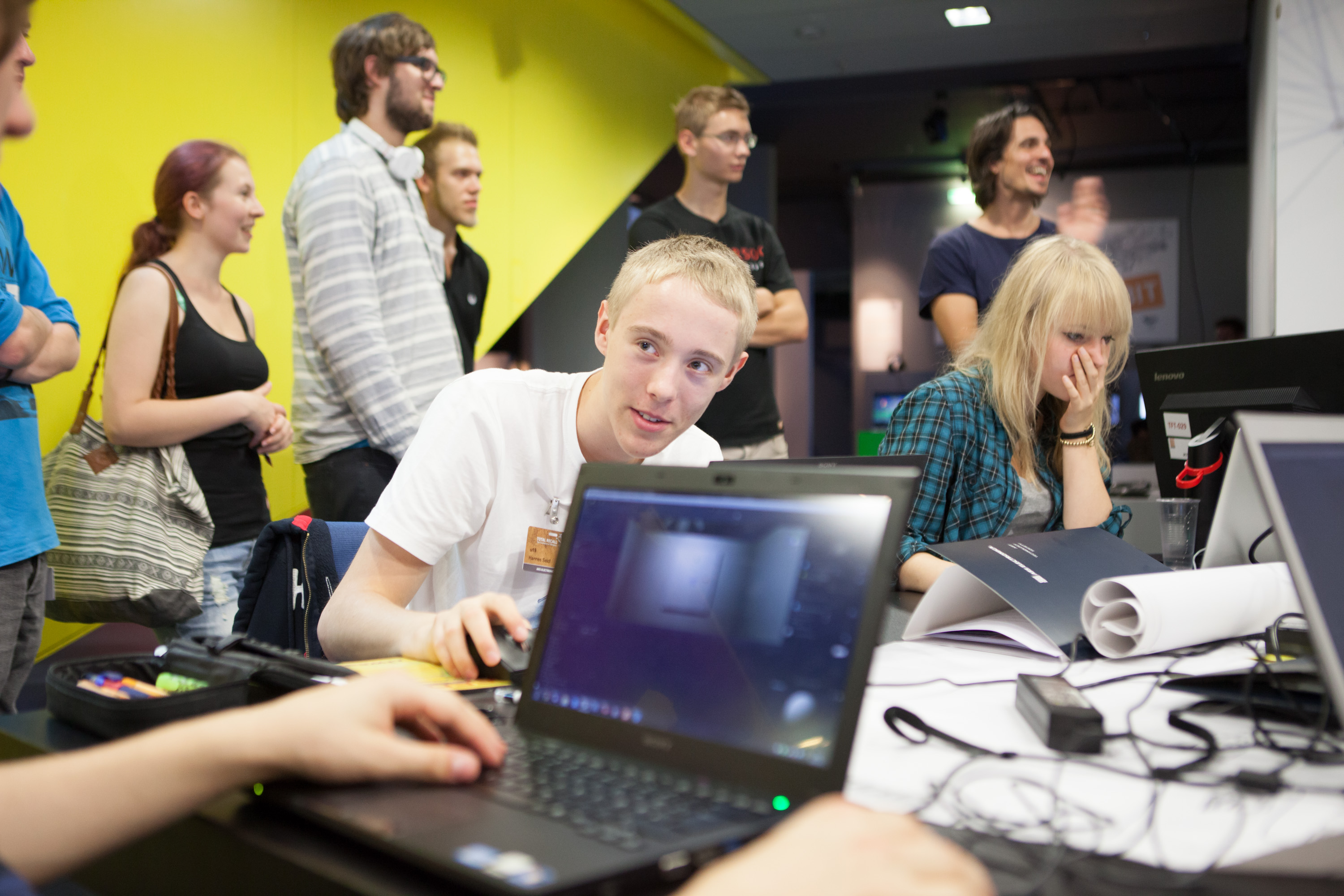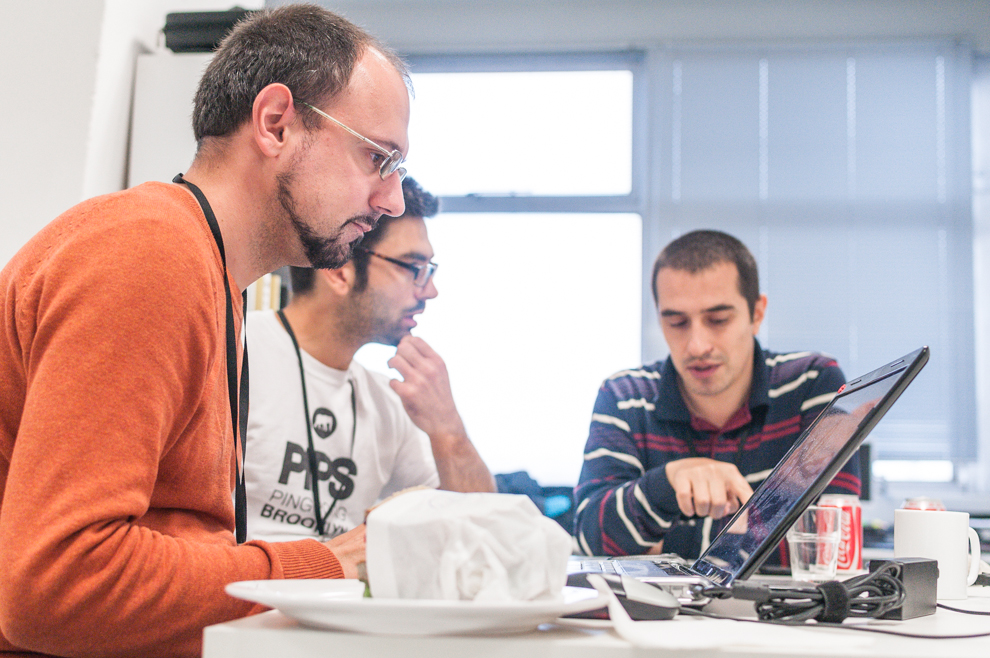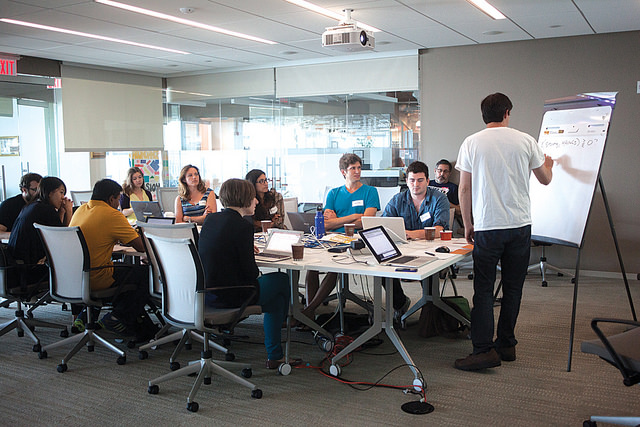Researchers discovered the technology behind Bitcoin that could help cut energy bills.
Technologists of Accenture have created a blockchain-based smart plug that can track power consumption and search for cheaper energy sources minute-by-minute. The current blockchain serves as the automated ledger that oversees Bitcoin and keeps tracks of where coins are spent.
The plug modifies the basic Bitcoin blockchain technology to make it actively look for cheaper power suppliers, which could help people living on low earnings who use prepayment meters that operate on a “pay-as-you-go” basis. Accenture has also adapted the blockchain to allow customers to actively negotiate deals, rather than simply signing contracts and confirming transaction records.
“It’s about how we put more business behaviour or logic into the blockchain,” said Emmanual Viale, head of the Accenture team at the firm’s French research lab.
The prototype works with other appliances in the house so when demand for energy is high, it searches for different suppliers and uses the modified blockchain to switch to the cheaper source. According to Accenture research, the modified blockchain would be able to save individuals using prepayment meters in the UK up to £660 million annually.
Although the Accenture system is still just a concept, it has huge potential to make energy use more affordable.
Article via BBC, 19 February 2016
Photo: Bitcoin by Chris Pirillo





